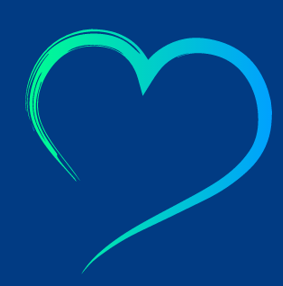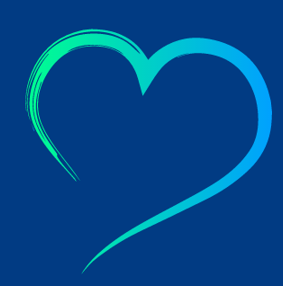General Disability Services
About Us
We support people with injury, illness or disability to improve their lives by facilitating social, educational and economic inclusion.
We provide tailored evidence-based services to children, young people or adults (and carers) who have physical and / or mental health conditions and disabilities. We provide support in relation to the following:
Vocational support:
Supporting people with disability, illness or injury to access work, volunteer, or education environments by undertaking and offering services including:
- Career exploration and assessments
- Job placement and development services
- Employer education and guidance
- Skills development
Psychosocial support:
Coordination of needs to address barriers to participation and identify goals through assessments and interventions.
- Support to adjust to the impact of a disability including independent living, life care planning and counselling.
Medical management support:
Work collaboratively with you and your treatment providers to develop a plan to help you achieve your health and work goals.
Advocacy support:
Assist the person with disability to exercise choice and control and to have their voice heard in matters that affect them. Services include:
- advocating for access to the NDIS
- advocating for adjustments or accommodations within the workplace / educational institution including schools
- advocating for gifted students (including twice-exceptional student i.e. gifted person who also has a disability)
We address a broad range of issues including:
- Mental health conditions including anxiety, depression, post traumatic stress disorder (PTSD), trauma, suicide, stress and more.
- Physical disabilities including traumatic brain injury (TBI), acquired brain injury (ABI), stroke, spinal cord injury (SCI), epilepsy and more.
- Intellectual disabilities
- Twice-exceptional (gifted with a disability)
- Chronic / persistent pain
- Autism (ASD) plus comorbid conditions including Attention Deficit Hyperactivity Disorder (ADHD), dyslexia, dysgraphia, dyscalculia, ehlers-danlos syndromes, postural orthostatic tachycardia syndrome (POTS), mast cell activation syndrome (MCAS), epilepsy and dysautonomia
Acknowledgement of Country:
We acknowledge the Traditional Owners of the land where we work and live, the Gubbi Gubbi people and pay our respects to Elders past, present and emerging. We celebrate the stories, culture and traditions of Aboriginal and Torres Strait Islander Elders of all communities who also work and live on this land.
Acknowledgement of Diversity:
We acknowledge and respect the diversity of bodies, genders and relationships as well as each person's each person’s culture, sexual orientation and abilities.
Acknowledgement of Lived Experience:
We would like to recognise those with lived experience of mental health conditions and recovery. We acknowledge that we can only provide quality services through valuing, respecting, and drawing upon the lived experience and expert knowledge of the individual, their families, carers, friends, staff and the local community.
Qualifications:
- Master of Rehabilitation Counselling from Griffith University
- Standard Mental Health First Aider
- Youth Mental Health First Aider
- Graduate Certificate of Financial Planning
- Bachelor of Economics from University of Queensland
- Bachelor of Business (Management) from University of Queensland
Counselling approaches:
- Evidence based
- Strengths focused approach
- Lifespan approach
- Trauma informed care
- Positive psychology
- Narrative therapy
- Motivational interviewing
- Mindfulness based approach
Professional Membership:
Full Member of Australian Society of Rehabilitation Counsellors Ltd (ASORC)
Quick Facts About The Region
Extra Information
Age Ranges All ages



